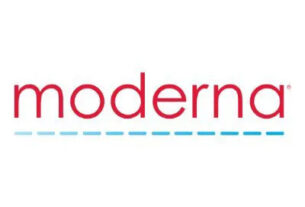
Employers and Staff Call a Truce on Return-to-Office Debate
The article discusses the shift towards flexible work arrangements, also known as hybrid work, where employees split their time between working from home and working in an office. The trend is driven by both employers and employees who value the flexibility and autonomy that comes with it.
Key points:
- Employer concerns: Some companies are concerned about productivity and collaboration when employees work remotely.
- Employee benefits: Employees appreciate the flexibility to balance work and personal life, leading to improved job satisfaction and reduced turnover rates.
- Productivity: Research suggests that fully remote working can reduce productivity by 10-20%, but hybrid models may not have a significant impact on productivity.
- Management challenges: Leaders must adapt to manage distributed teams effectively, which requires intentional communication, coaching, and feedback.
- Office usage: Data shows that office attendance has increased, but desk use is lower than expected, indicating changes in work patterns.
The article concludes that successful flexible working is not just about calculating office space and time spent in it but also requires training leaders to run hybrid teams effectively.






